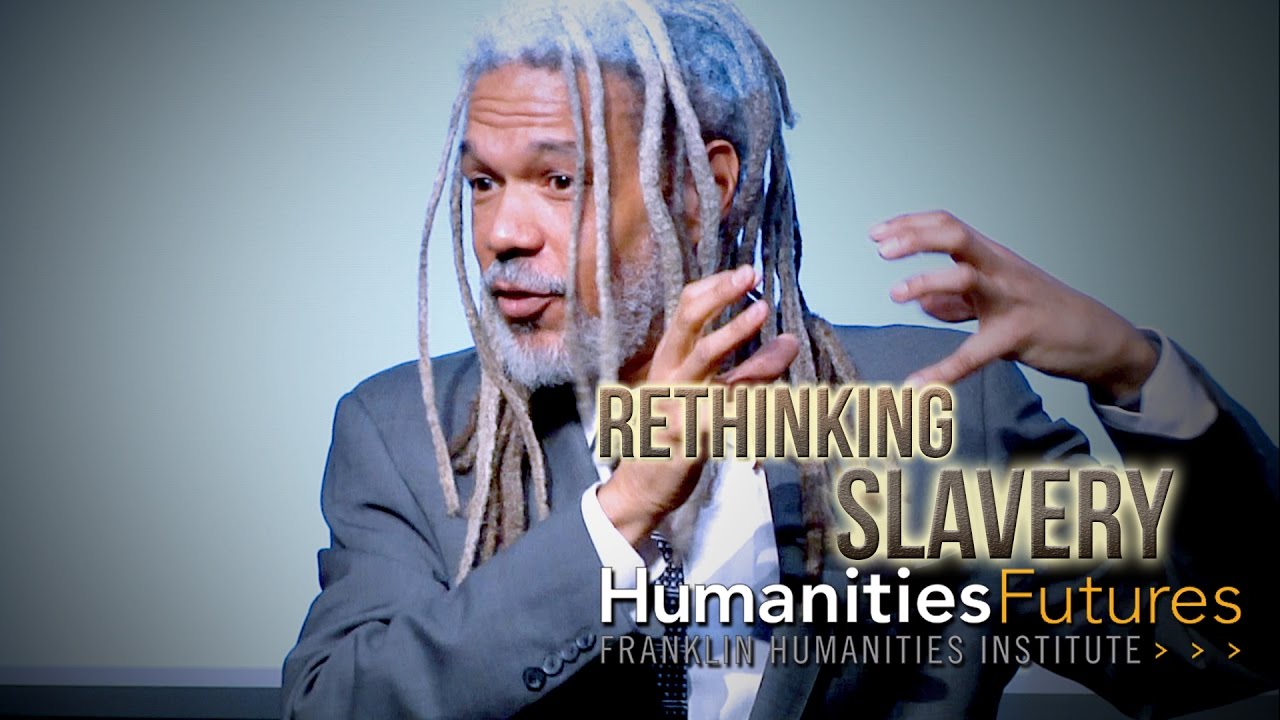Part of the Humanities Futures initiative: http://humanitiesfutures.org
By responding creatively to the archival challenges presented by the social history of slavery, Harvard Professor Vincent Brown hopes to inspire new conversations about the inheritance of loss and the legacy of struggle. This presentation considers three graphic histories: an animated visualization of Voyages: The Transatlantic Slave Trade Database, a cartographic narrative of the Jamaican slave revolt of 1760-61, and a web-based archive of enslaved family lineages in Jamaica and Virginia. Together these projects invite a reconsideration of how slavery’s history has been, could be, and should be represented.
This one and half-day symposium examined the archival and popular representation of chattel slavery, as altered by the cultural and technological transformations of the 21st century. Scholars explored the histories and legacies of slavery in the Atlantic world, as they occur in art, film, literature, legal records, museums, social interaction, and technology. Our goal was to think across methodological approaches to slavery in order to clarify the exigencies and demands for continued investigation of the bondsperson’s experiences and the cultural significance of slavery.
Vincent Brown, Charles Warren Professor of History and Professor of African and African American Studies at Harvard University, is a multi-media historian with a keen interest in the political implications of cultural practice. He directs the History Design Studio and teaches courses in Atlantic history, African diaspora studies, and the history of slavery.
“Rethinking Slavery in the 21st Century: Images and Archives” was co-sponsored by the Duke University’s Department of African and African American Studies (AAAS), the Art, Art History & Visual Studies department, the Forum for Scholars and Publics, and the Franklin Humanities Institute (FHI).
source

